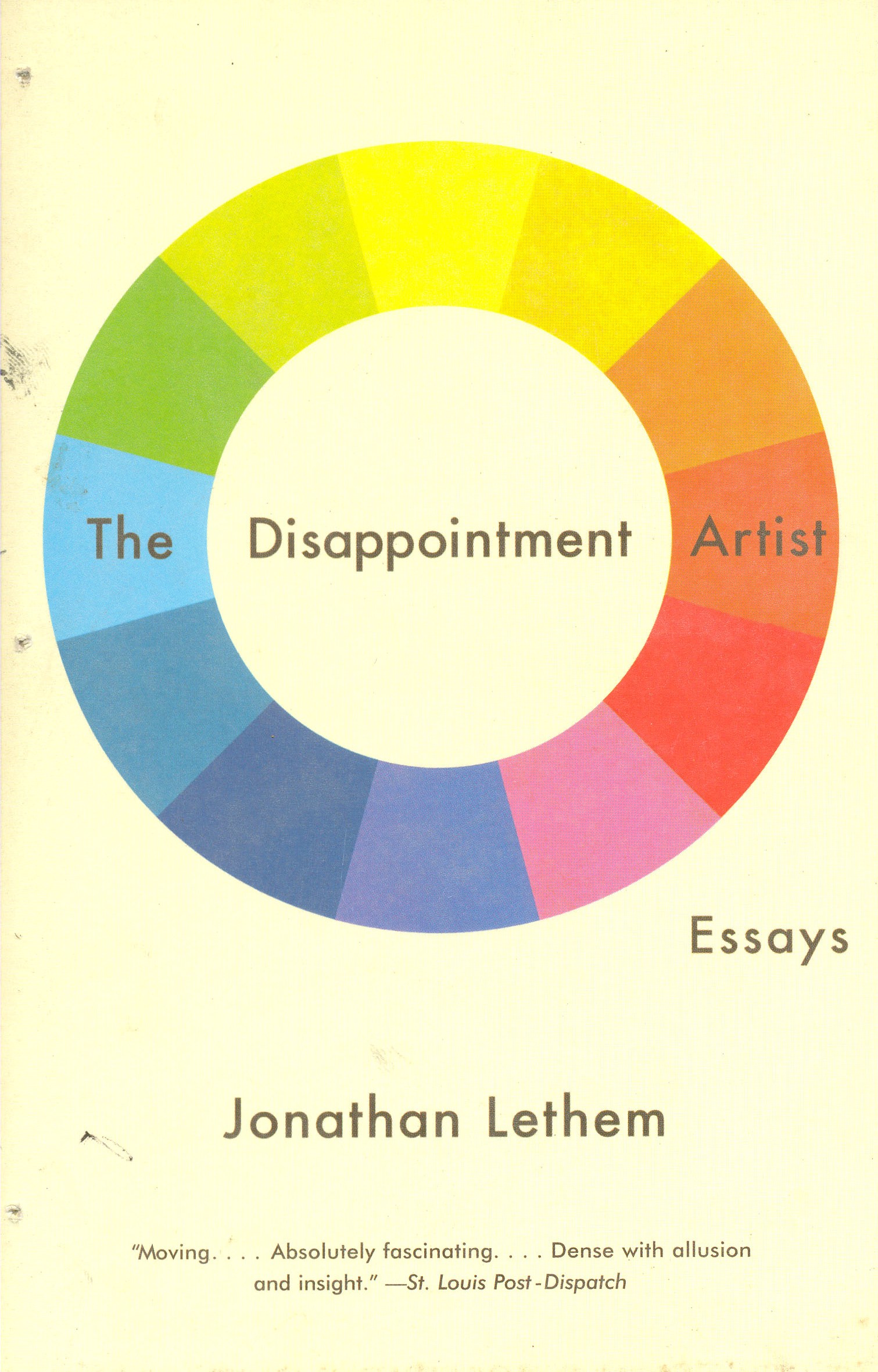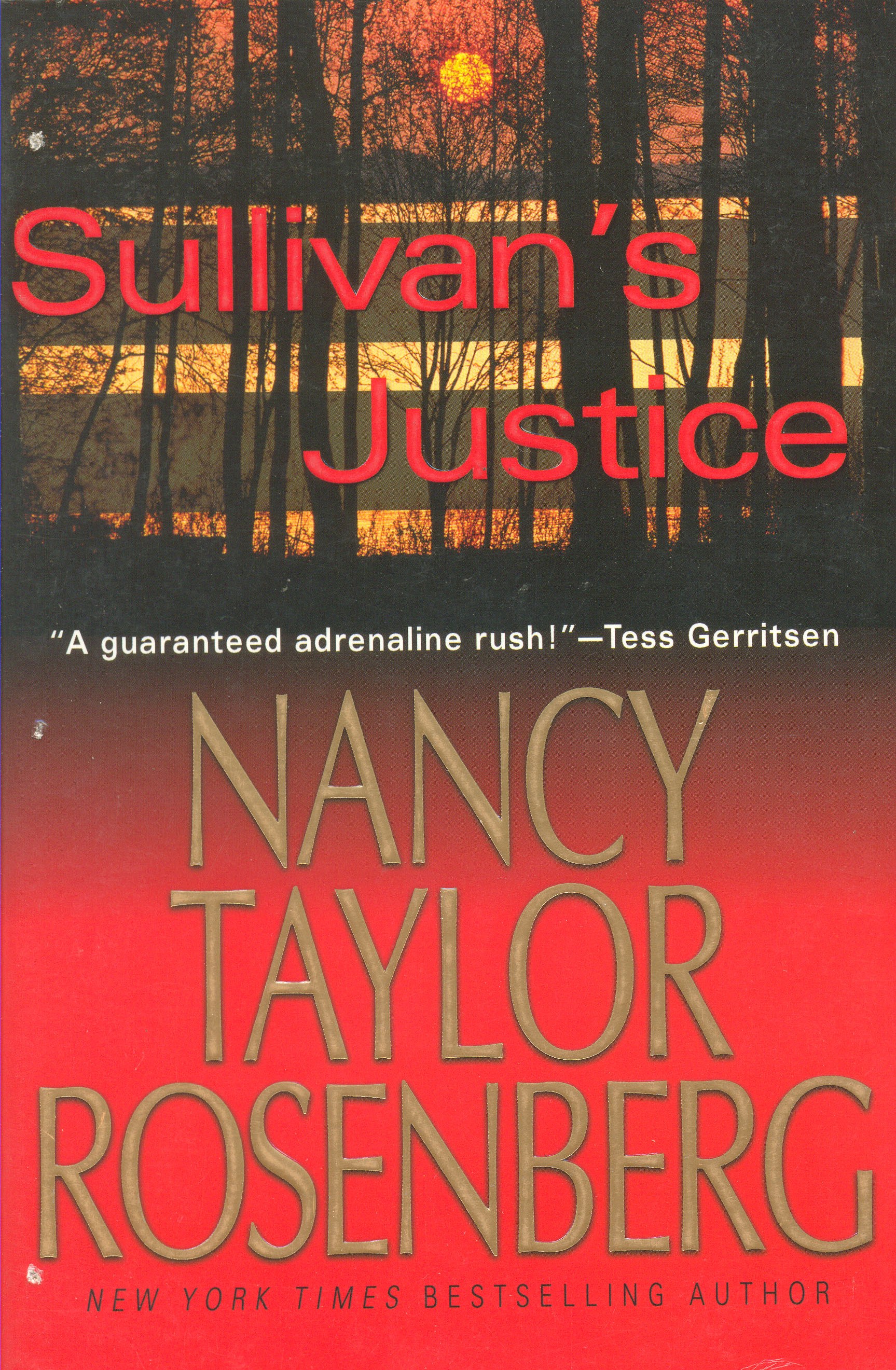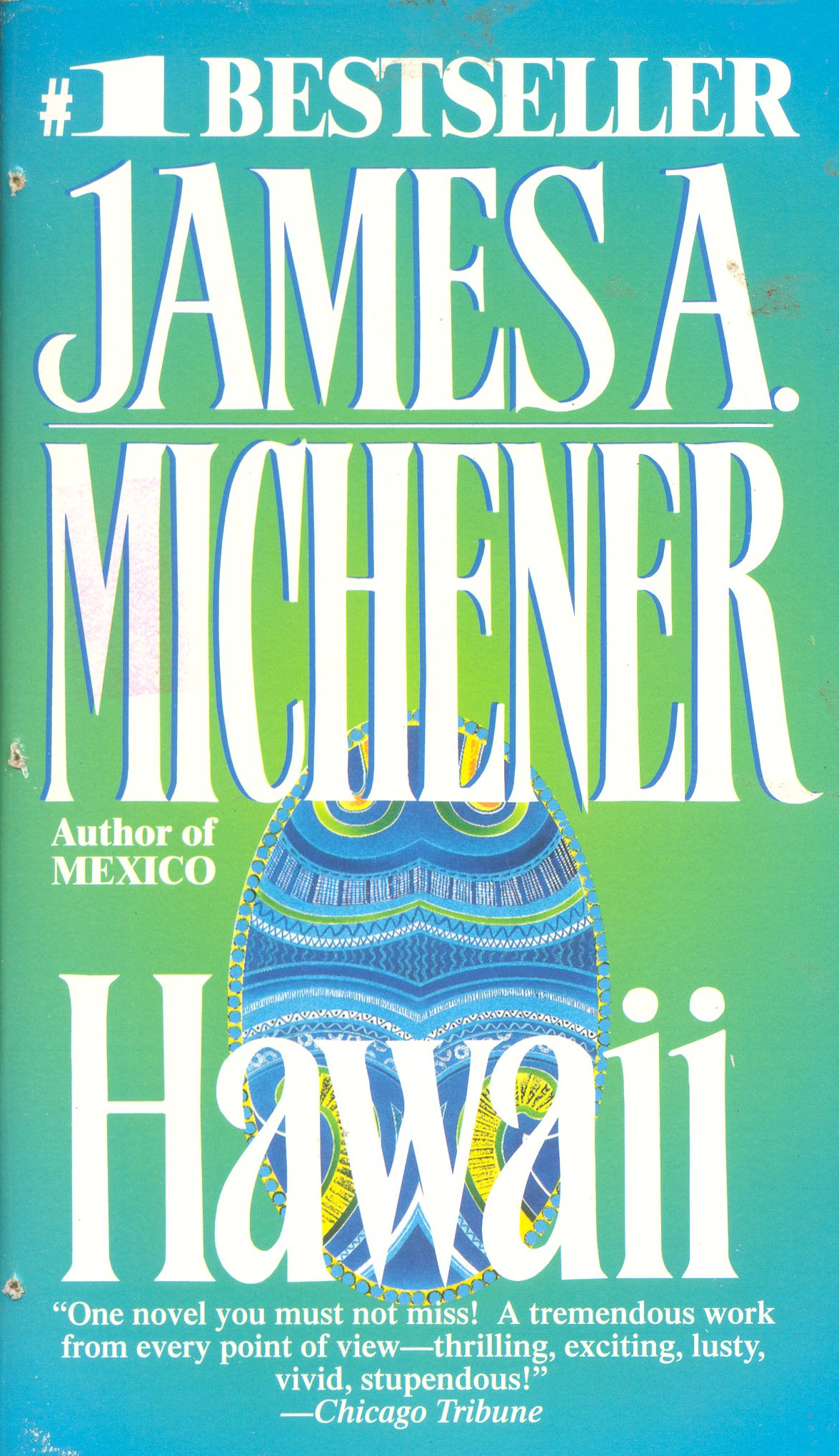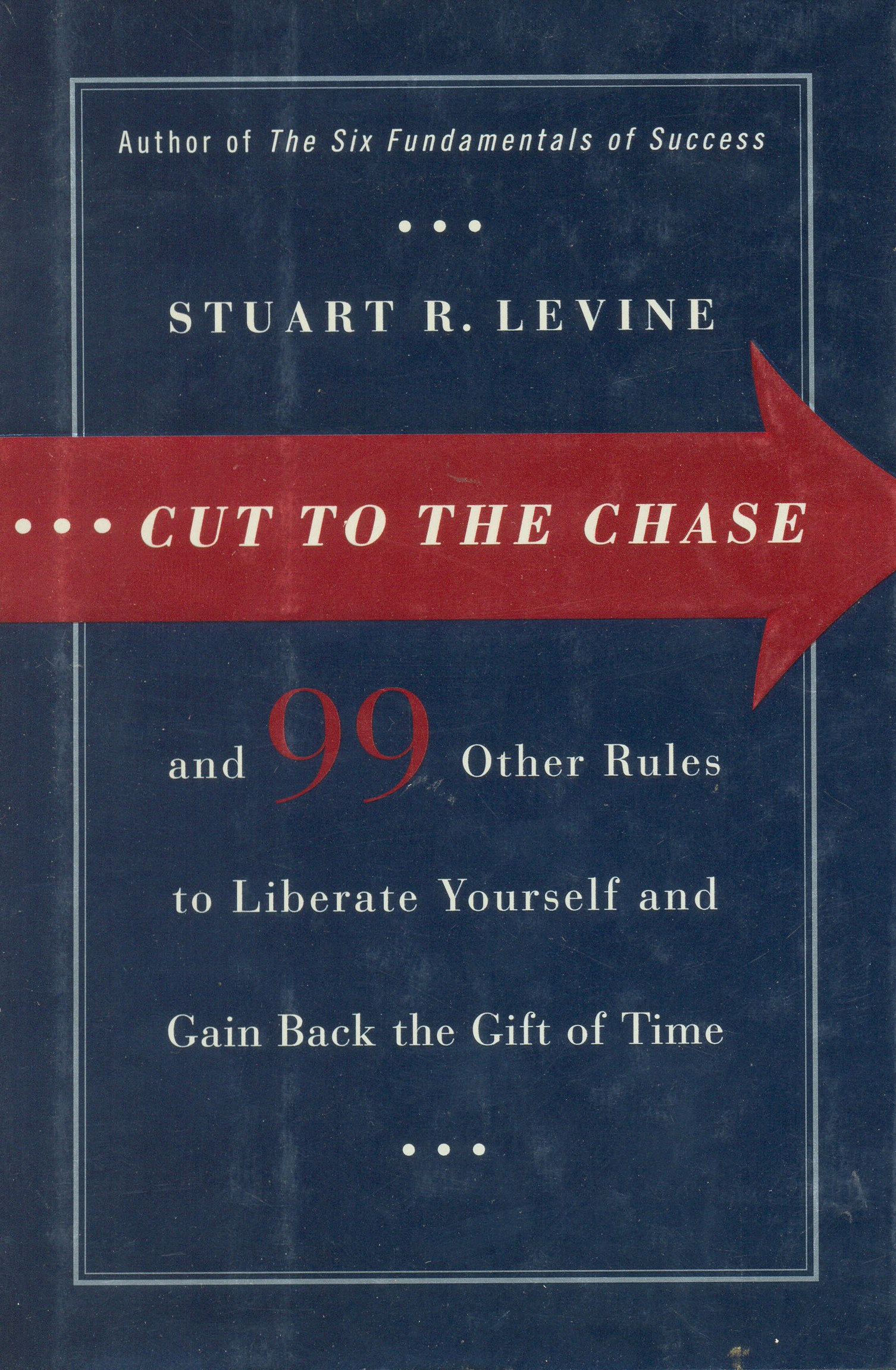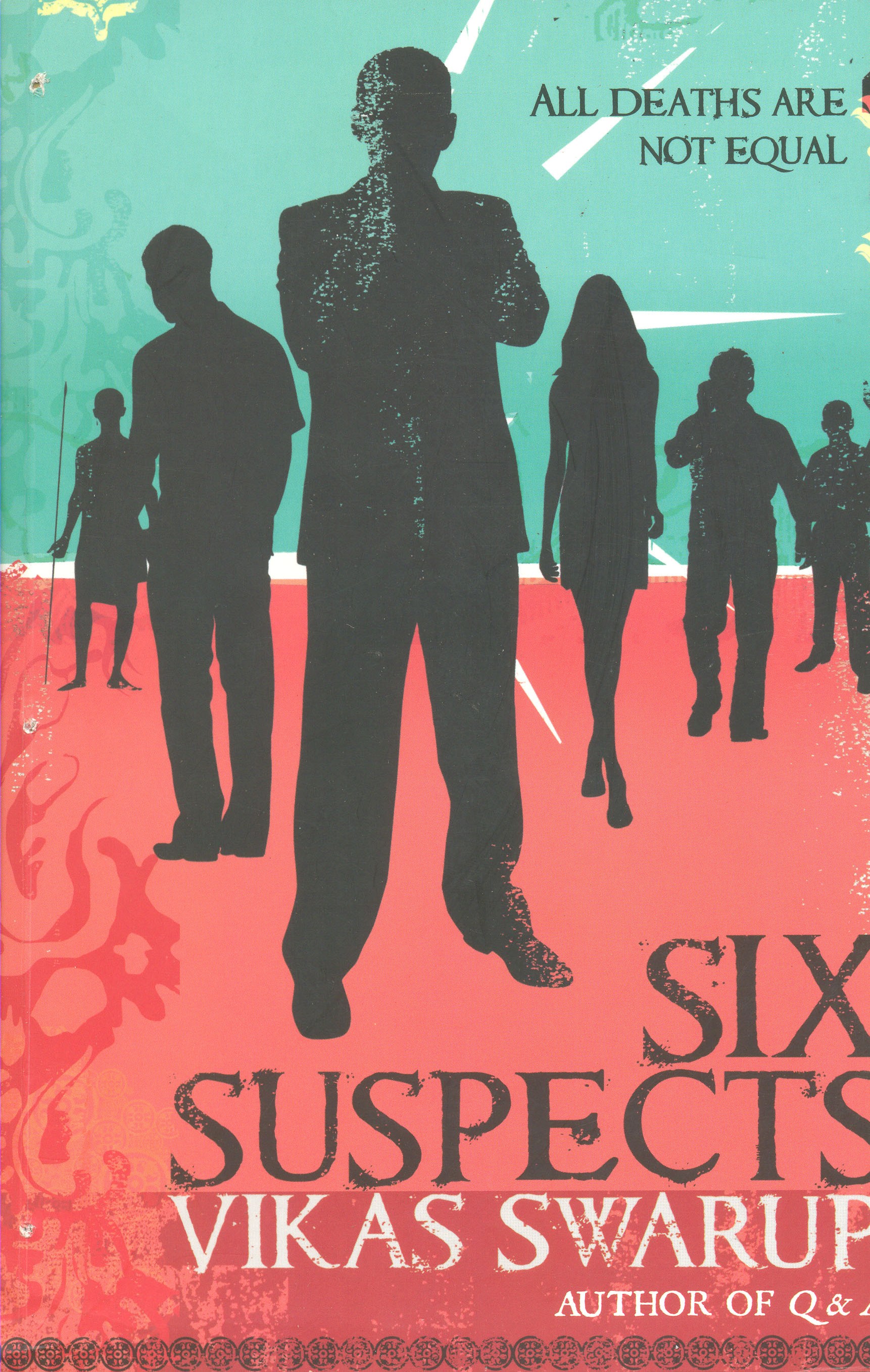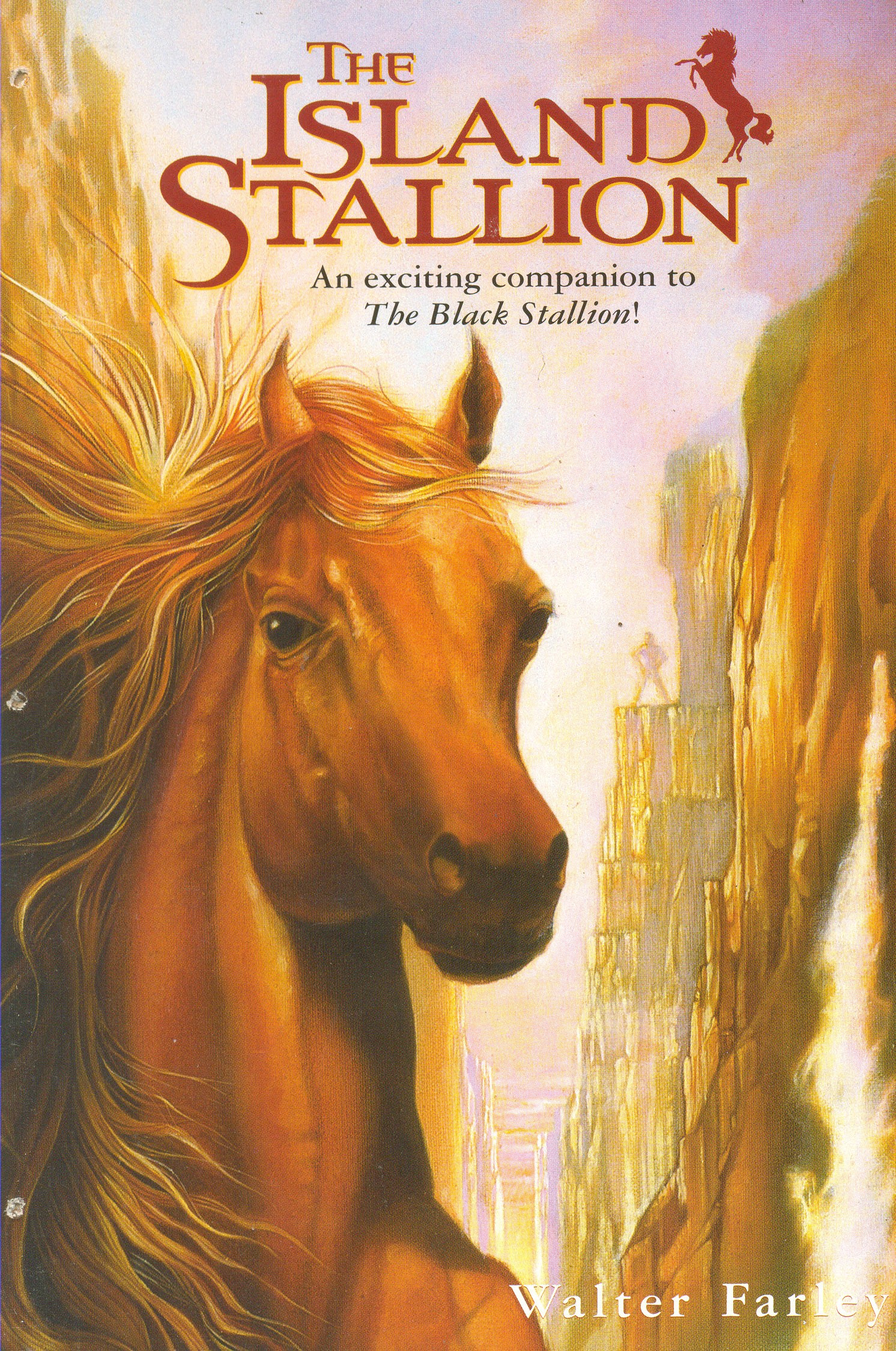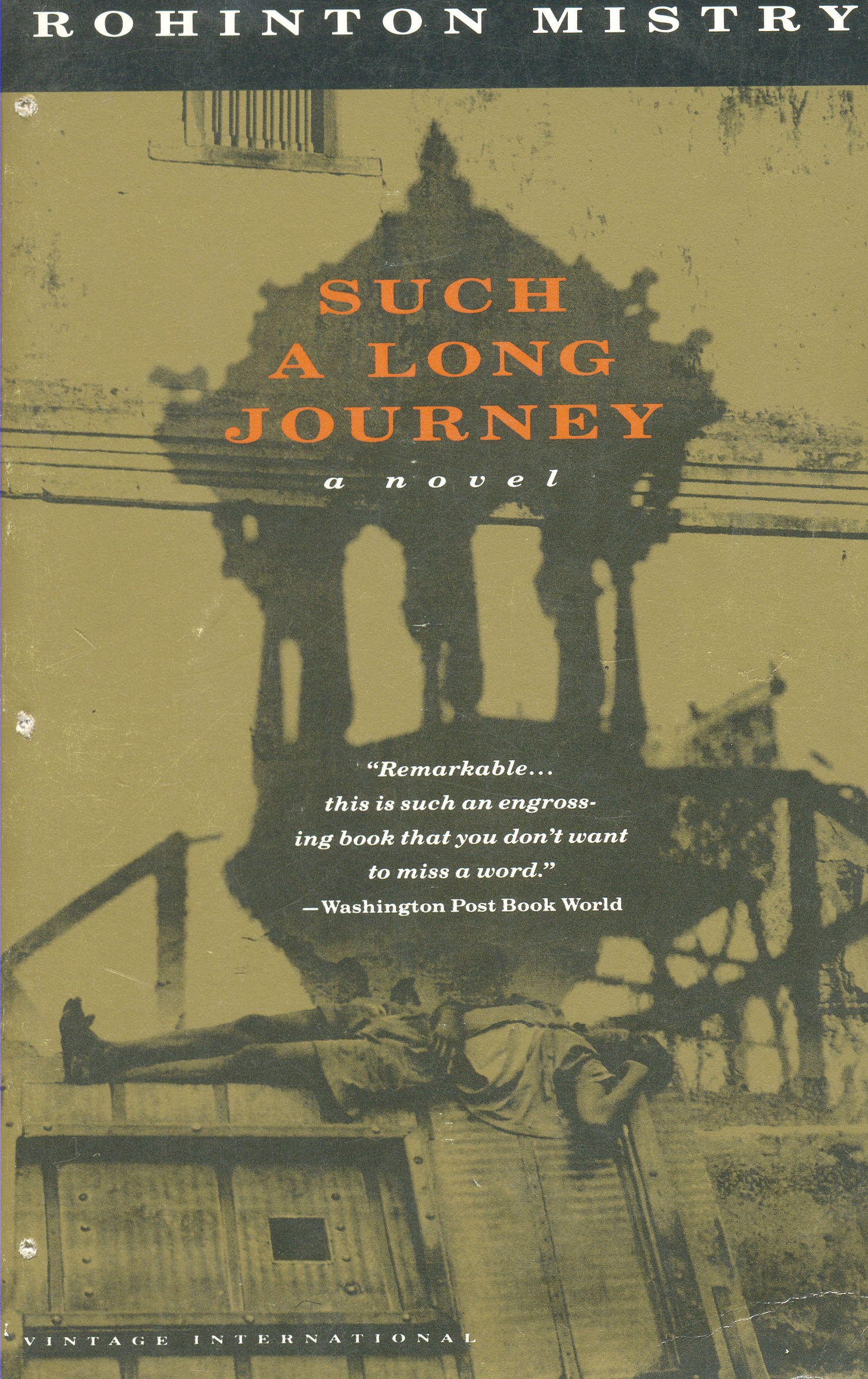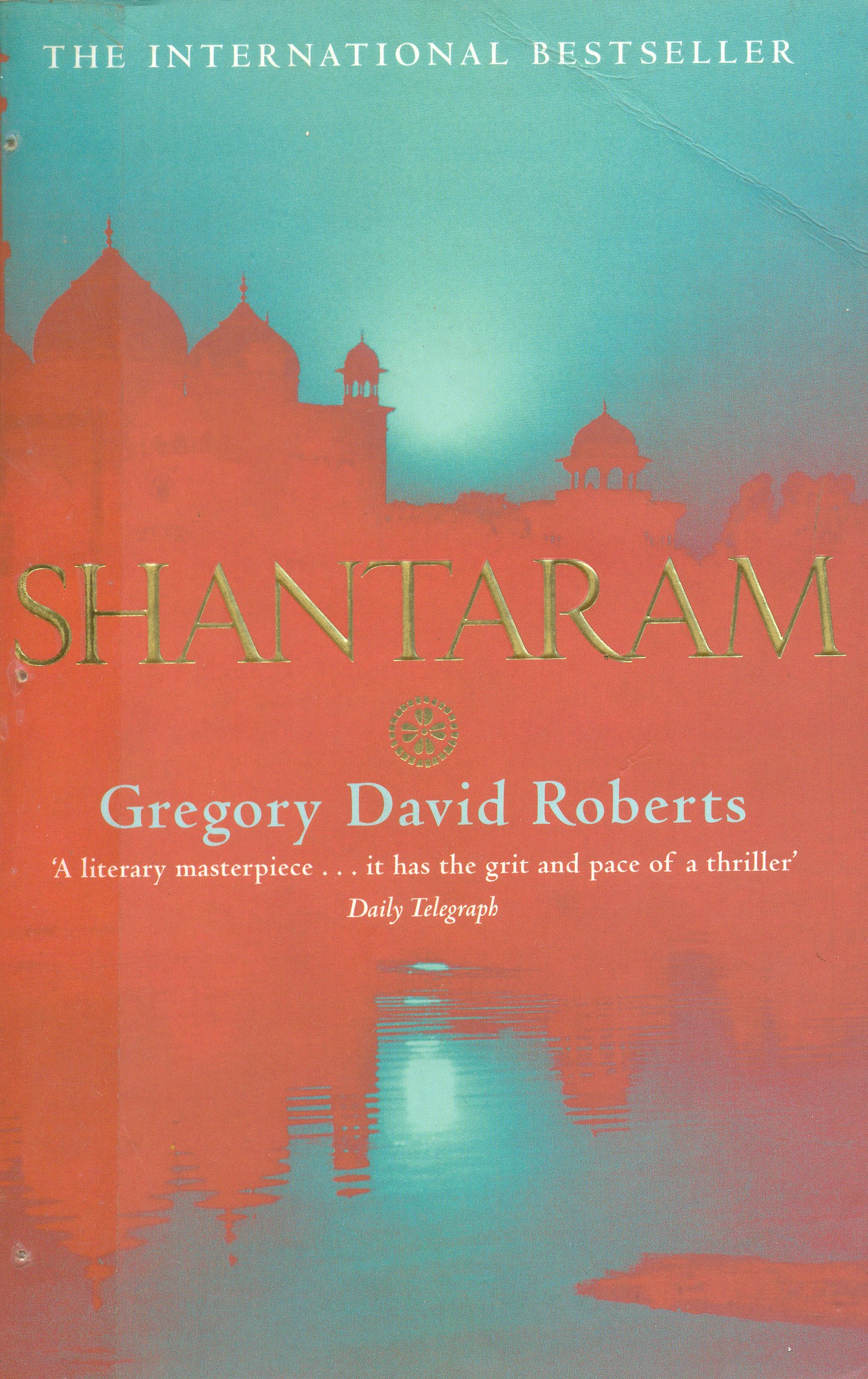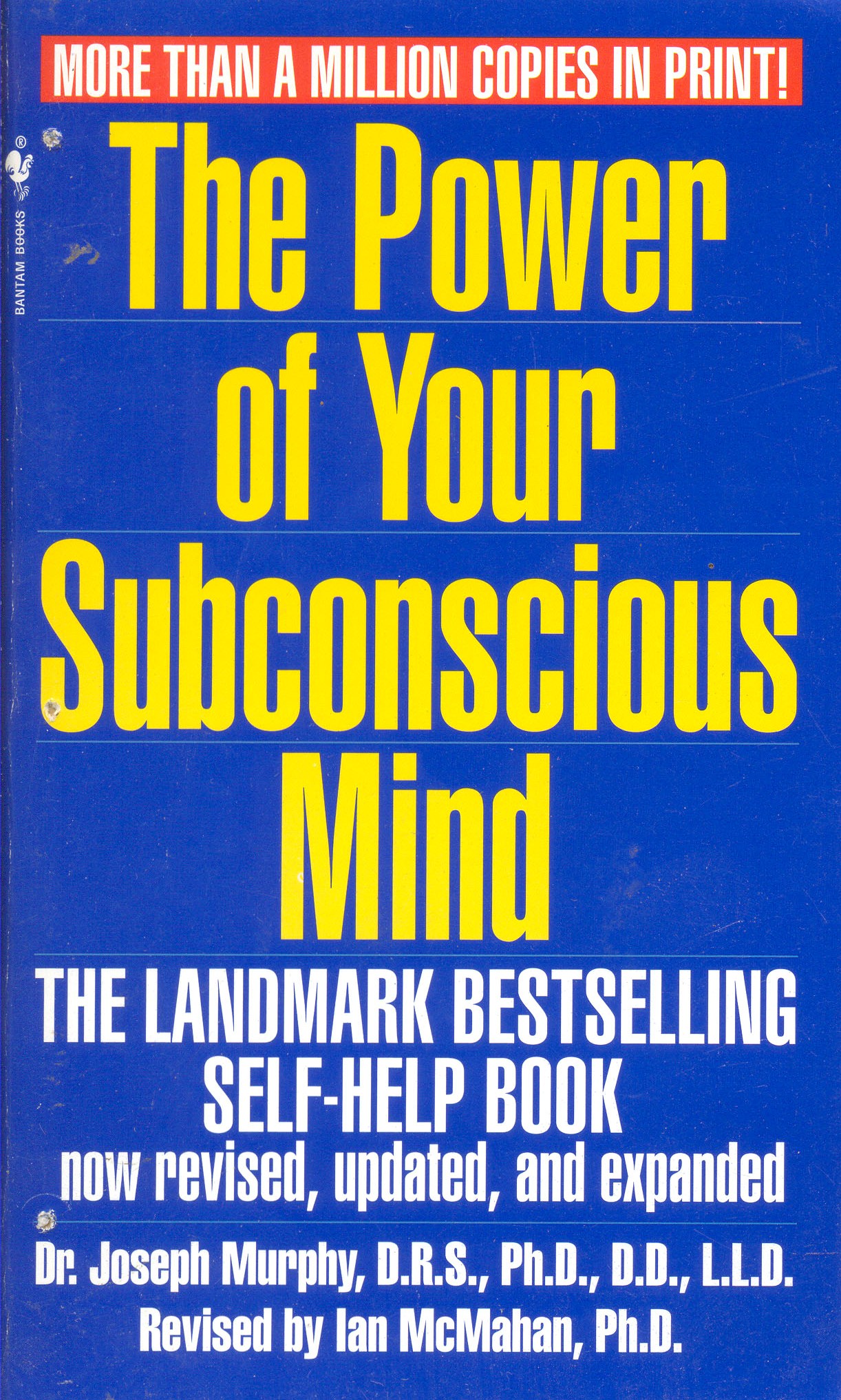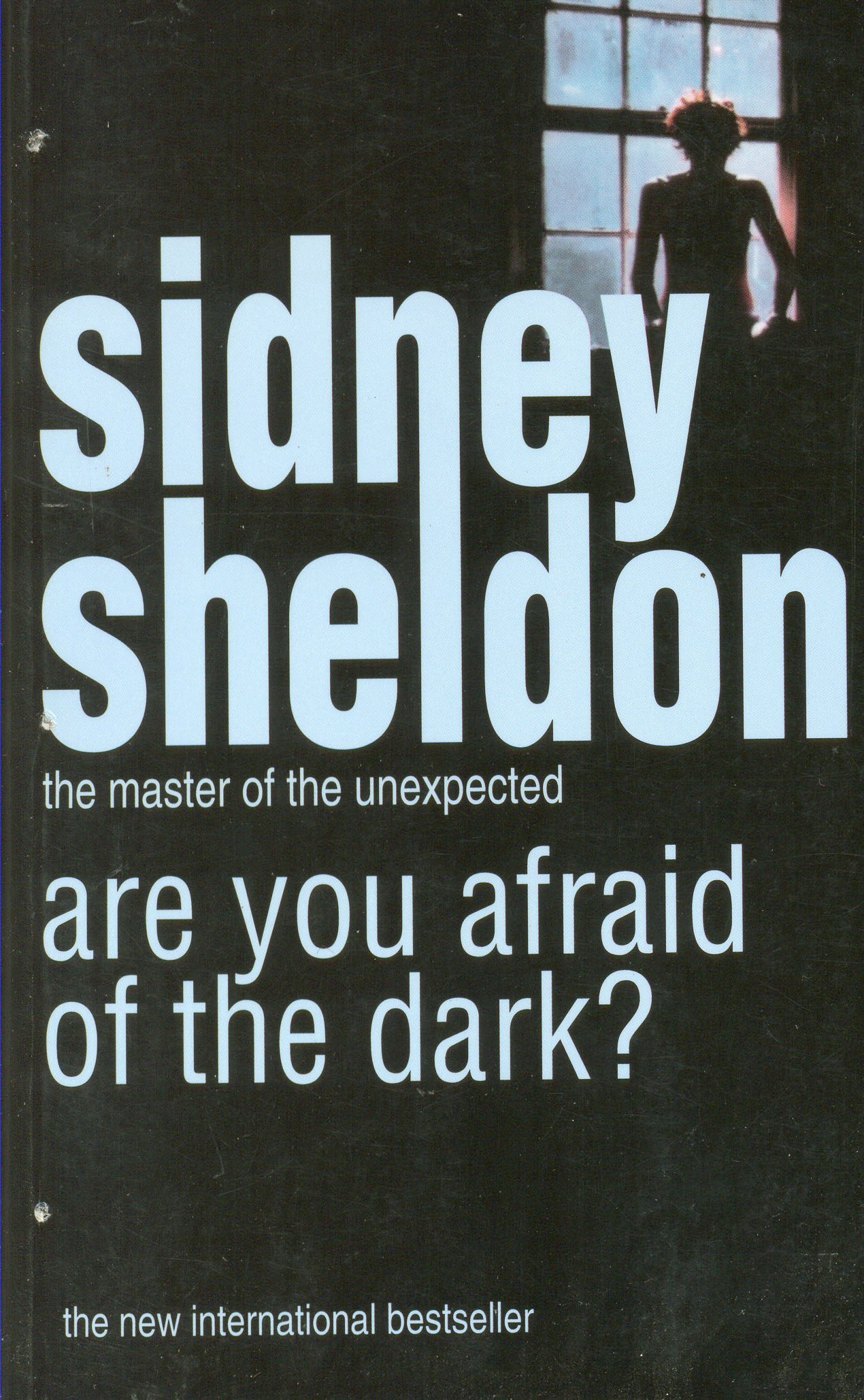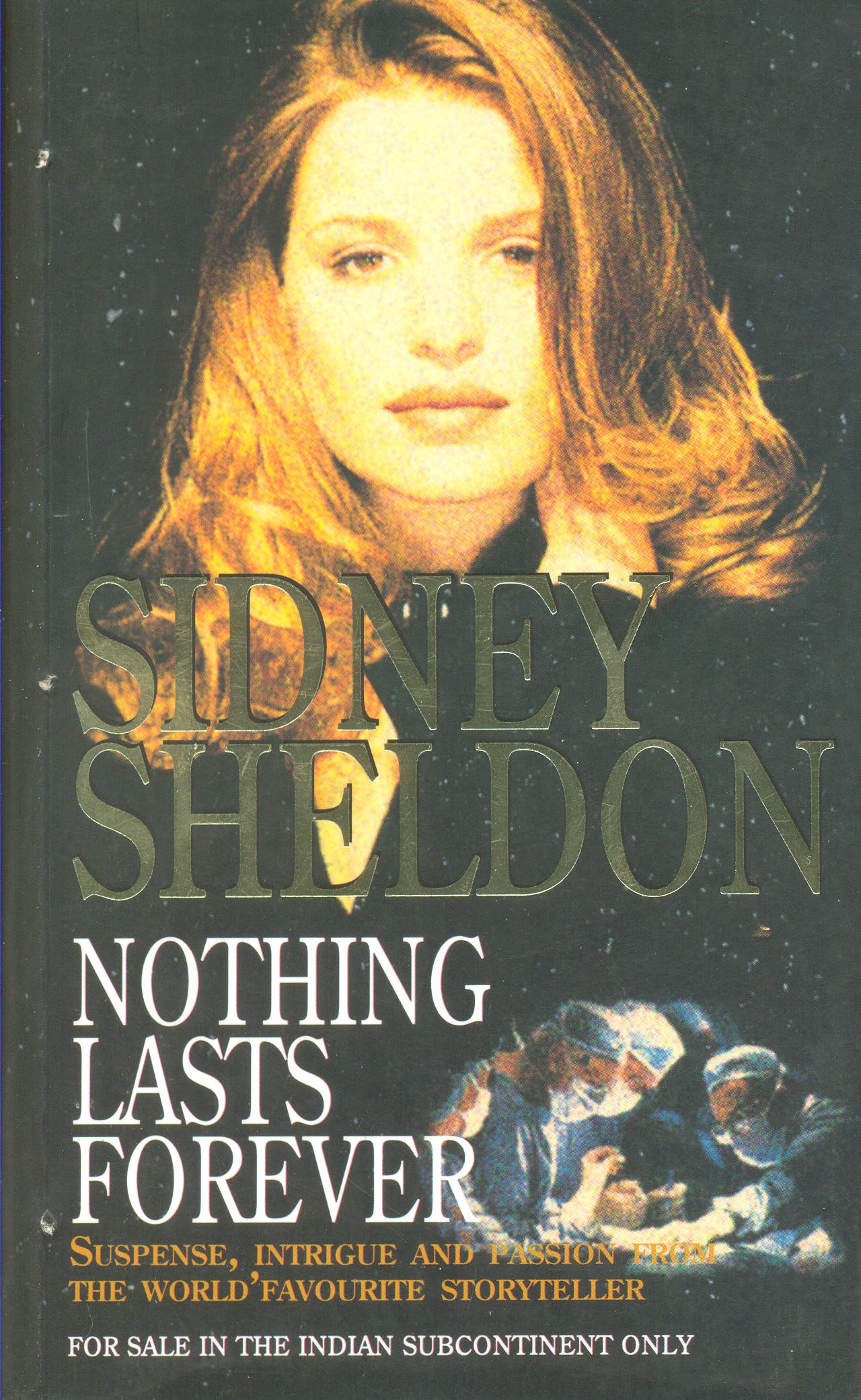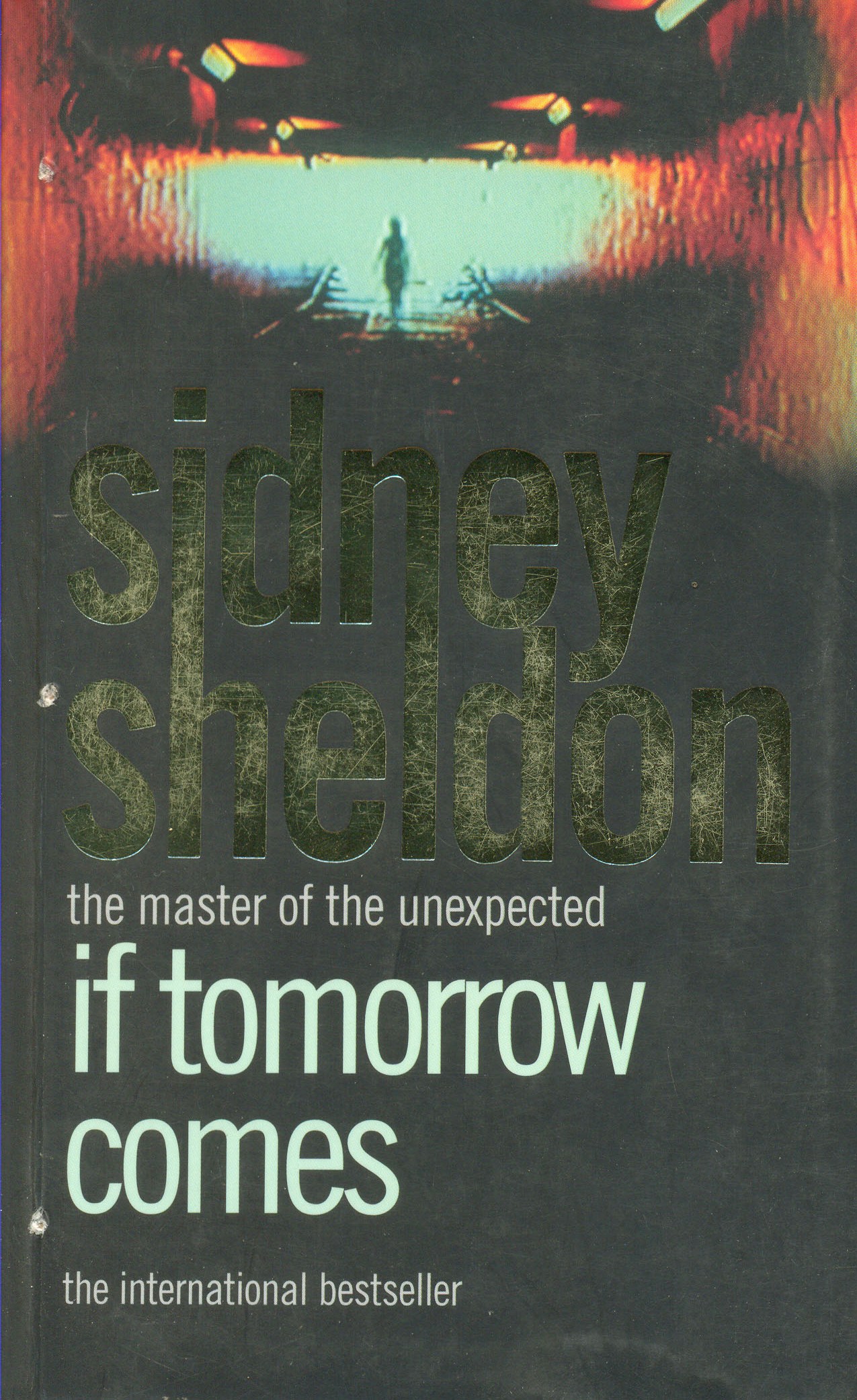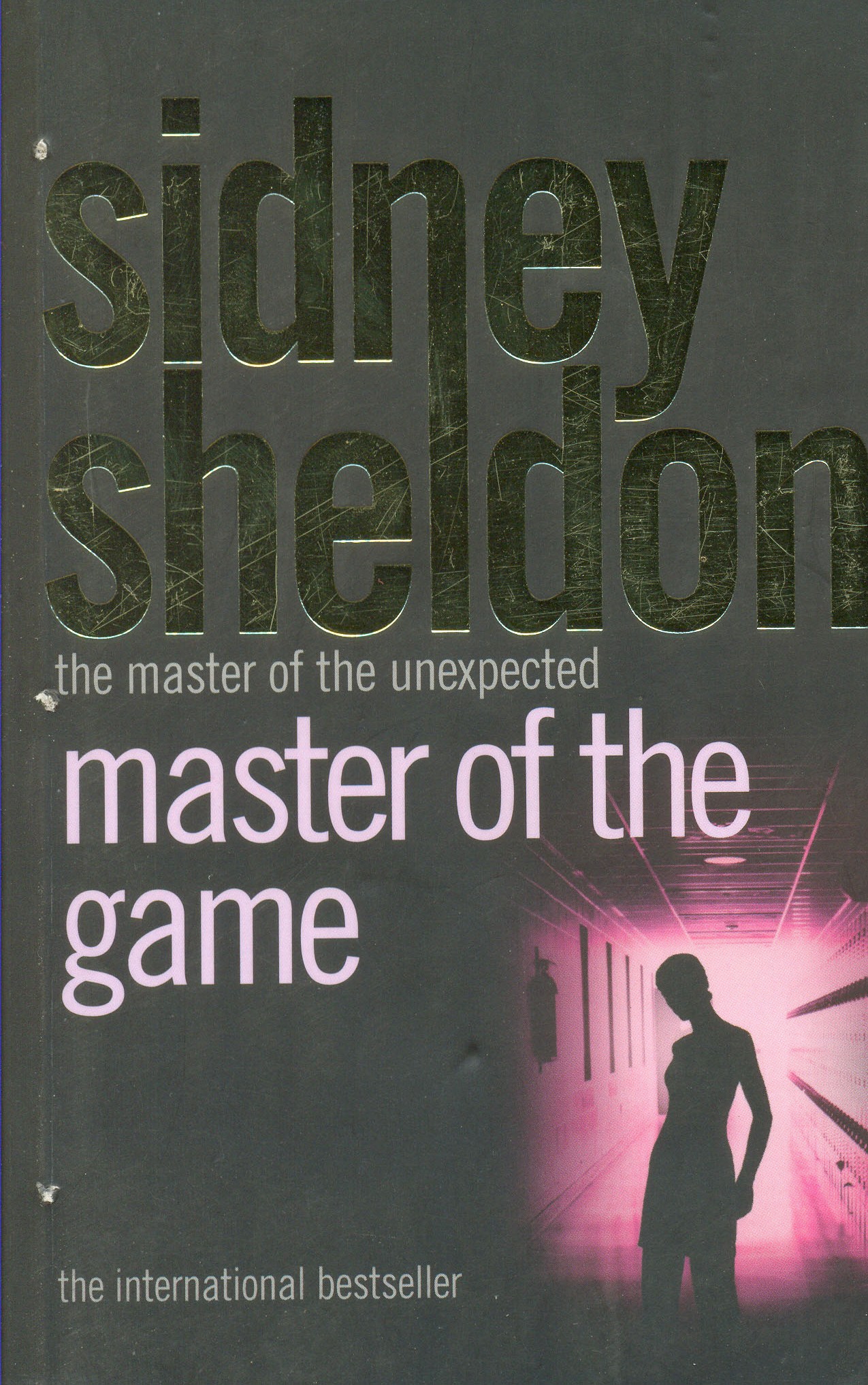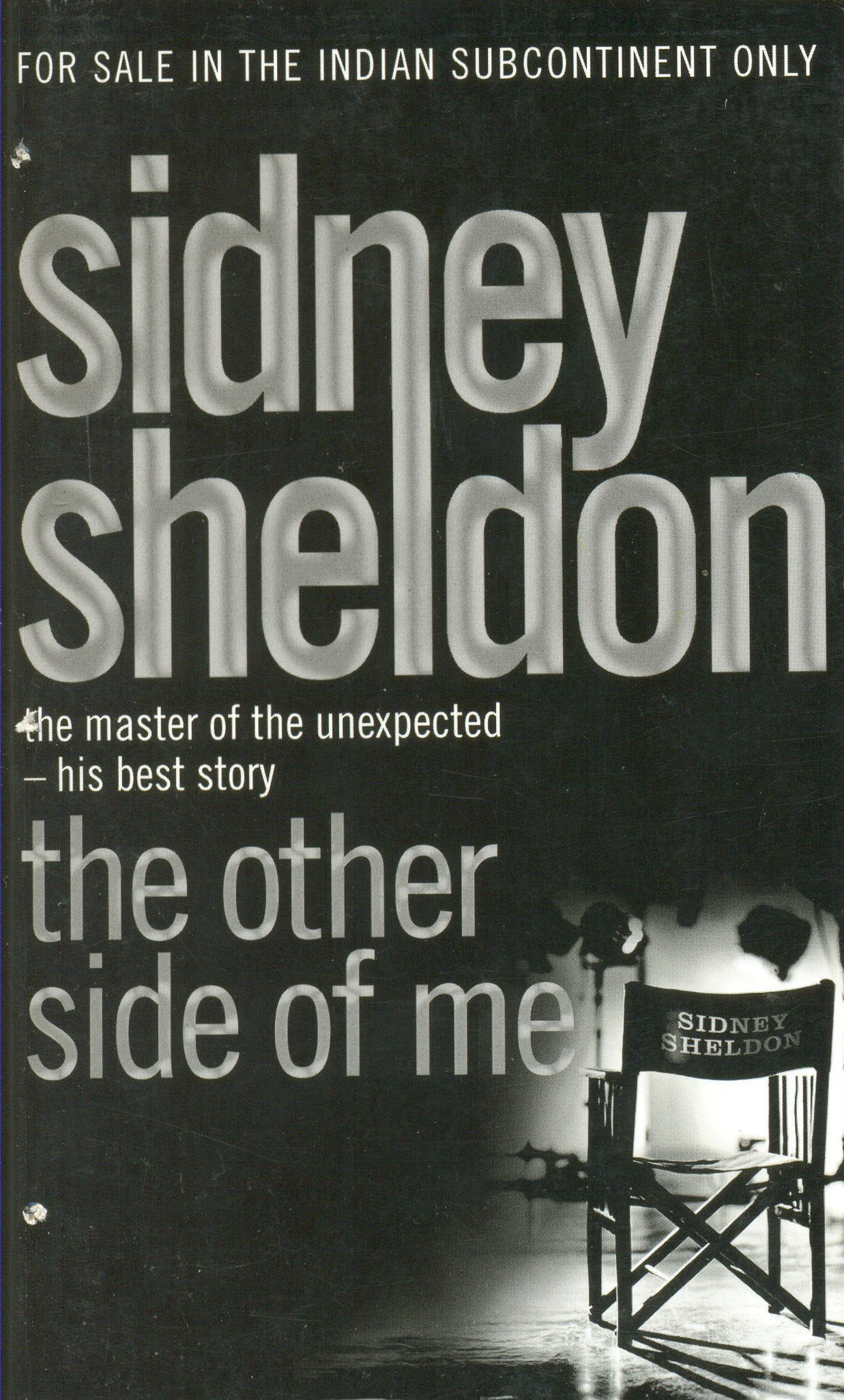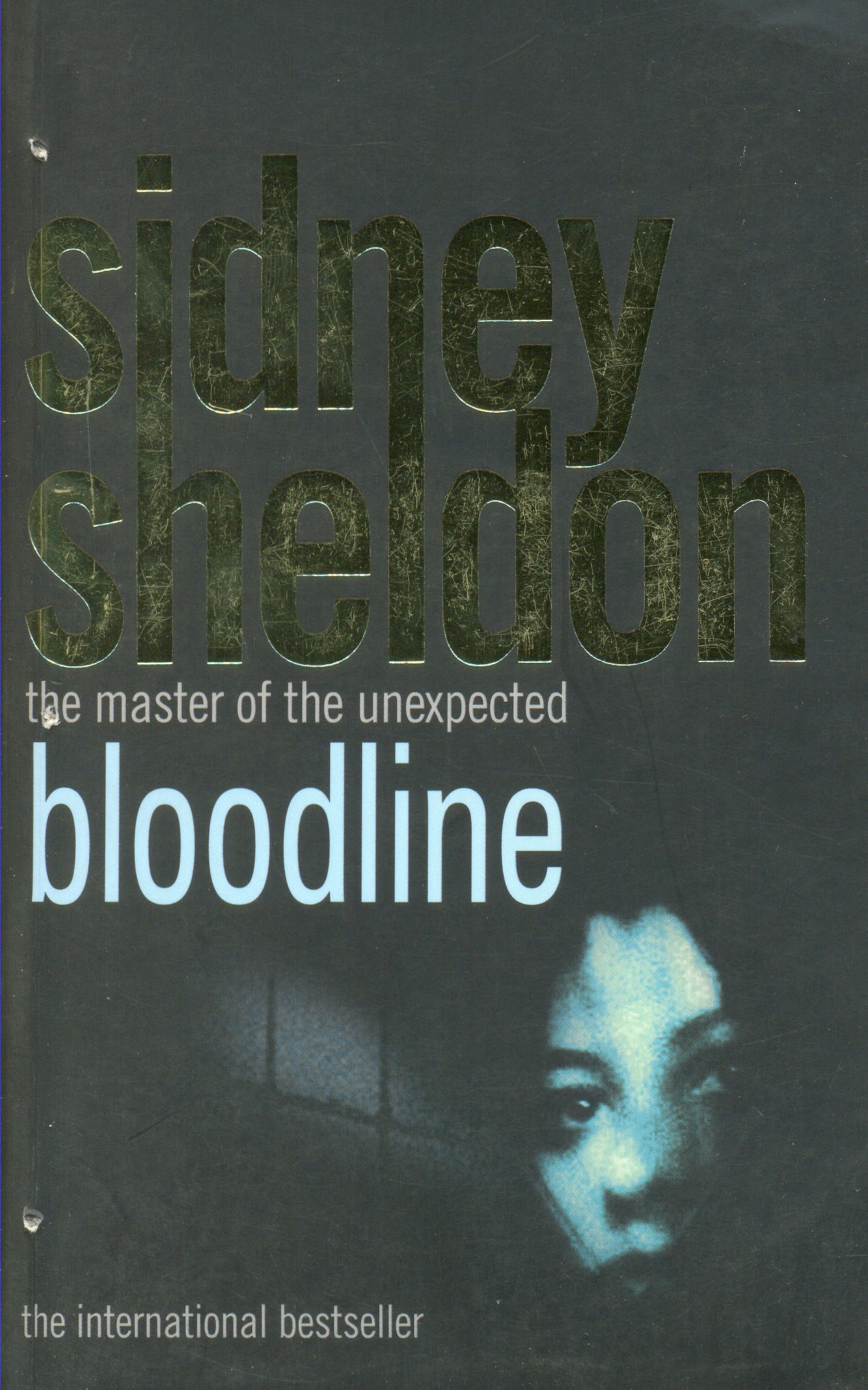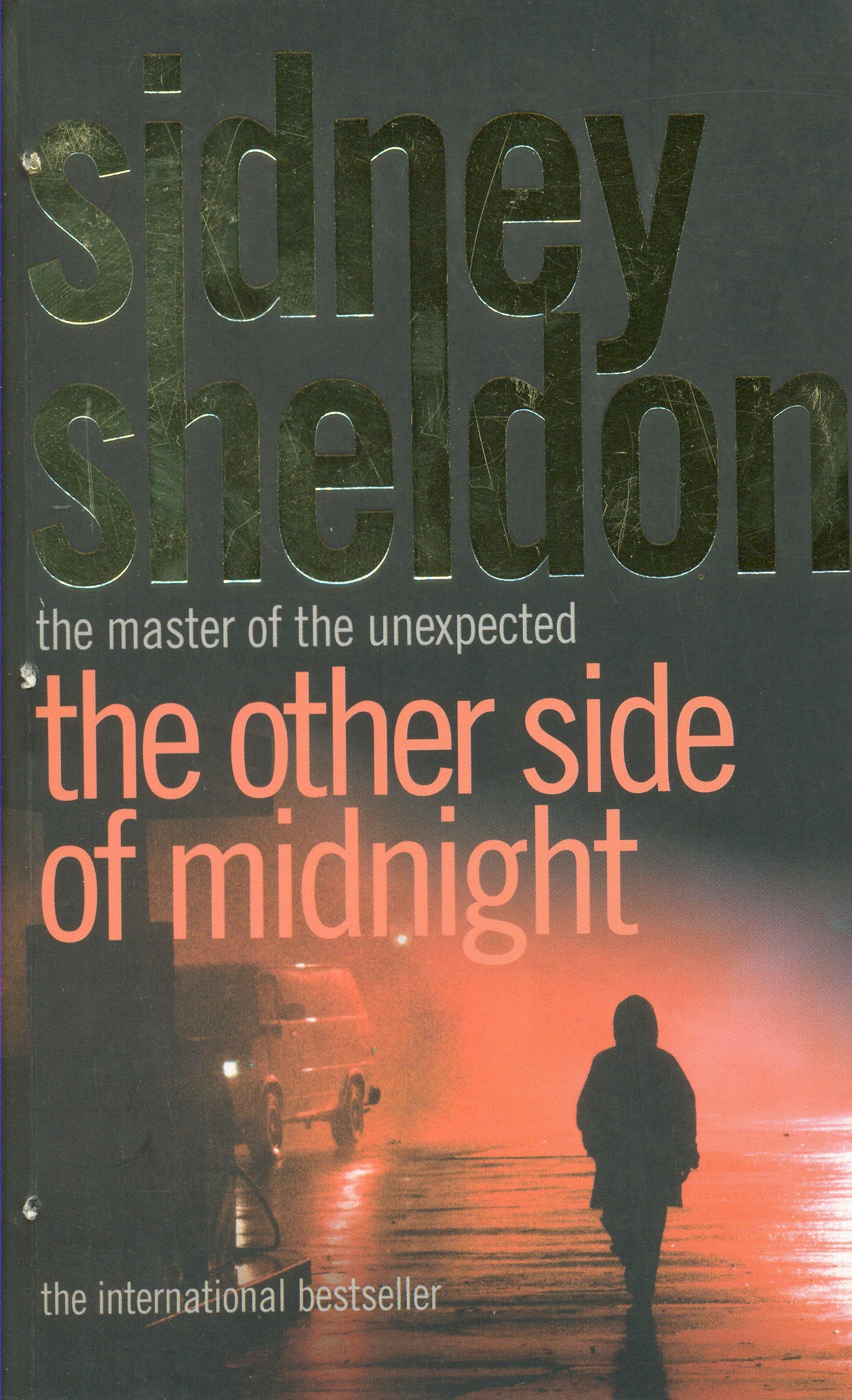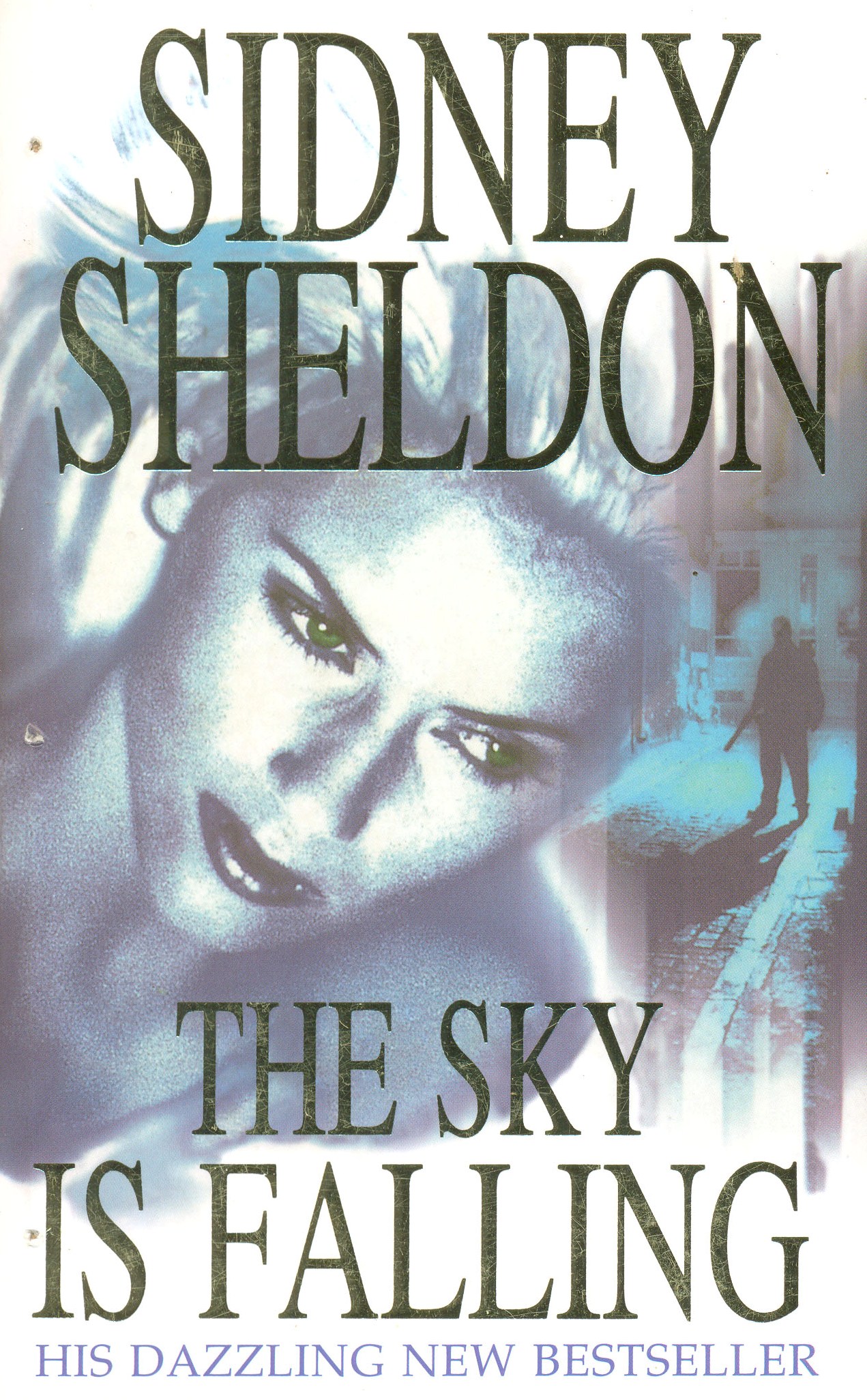-
The Disappointment Artist
In a volume he describes as "a series of covert and not-so-covert autobiographical pieces," Jonathan Lethem explores the nature of cultural obsession—from western films and comic books, to the music of Pink Floyd and the New York City subway. Along the way, he shows how each of these "voyages out from himself" has led him to the source of his beginnings as a writer. The Disappointment Artist is a series of windows onto the collisions of art, landscape, and personal history that formed Lethem’s richly imaginative, searingly honest perspective on life. A touching, deeply perceptive portrait of a writer in the making.
-
The Bully Of Bentonville
The largest company in the world by far, Wal-Mart takes in revenues in excess of $280 billion, employs 1.4 million American workers, and controls a large share of the business done by almost every U.S. consumer-product company. More than 138 million shoppers visit one of its 5,300 stores each week. But Wal-Mart’s “everyday low prices” come at a tremendous cost to workers, suppliers, competitors, and consumers.The Bully of Bentonville exposes the zealous, secretive, small-town mentality that rules Wal-Mart and chronicles its far-reaching consequences. In a gripping, richly textured narrative, Anthony Bianco shows how Wal-Mart has driven down retail wages throughout the country, how their substandard pay and meager health-care policy and anti-union mentality have led to a large scales exploitation of workers, why their aggressive expansion inevitably puts locally owned stores out of business, and how their pricing policies have forced suppliers to outsource work and move thousands of jobs overseas. Based on interviews with Wal-Mart employees, managers, executives, competitors, suppliers, customers, and community leaders, The Bully of Bentonville brings the truths about Wal-Mart into sharp focus.
-
Smoke and Mirrors
India and China share a 3500 km border and have interacted with each other for over 2000 years. It is remarkable then that their people know so little of each other: what they think, how they live, their language, customs and philosophy. Or even their cuisine.Pallavi Aiyar was very much the average Indian in her knowledge of China when she set out for Beijing in 2002. As she headed there, she felt the fear of the unknown, Over the next five years that would change as she learnt Mandarin Chinese, settled into a friendly neighborhood in the city's old quarter, and developed a taste for the food. Beyond these, as she travelled across the country from booming Zhejiang to troubled Tibet, she also became a fascinated observer of a country undergoing relentless change, and the pressures this was creating in a society free to become rich but not to criticize. India's own experience of change, its strengths and many weaknesses, provided a basis for comparison. .Smoke and Mirrors: An Experience of China is an intimate look at a society evolving at double-digit pace. Even as it engages the reader with its affectionate portraits of people like Mr. Wu, her landlord, and Mohan, an entrepreneurial yoga teacher, it deftly raises-and answers-questions about the deeper concerns of development and freedom that are relevant to both India and China. In the process, Pallavi Aiyar breaks down many cliches, and opens new gateways through the Great Wall of China.
-
Sullivan's Justice
In her work for the Ventura County Probation Department, Carolyn Sullivan interviews the most dangerous, depraved criminals - and Raphael Moreno is at the top of the list. The hardened street thug has been convicted in a series of gruesome and baffling murders, including the decapitation of his own mother. For the first time, Carolyn is face-to-face with a criminal who truly frightens her. But things are about to get much hotter - and much deadlier for Carolyn. A phone call from her brother, Neil, propels her into a nightmare. A popular bachelor and successful artist, Neil has discovered the body of his girlfriend, Laurel, floating in his swimming pool. When her death is ruled a homicide, Neil becomes the prime suspect. But he has an alibi - he was in bed with Melody Asher, a seductive party girl and heiress. Their torrid affair is as steamy as it is addictive, a twisted game of manipulation and sexual blackmail. When Melody refuses to back up Neil's story, the sensitive brother Carolyn thought she knew suddenly seems like a complete stranger. And then the most shattering news surfaces: Blood found in Neil's expensive new car links him to Raphael Moreno and his unthinkable crimes. As the evidence against Neil mounts, Carolyn is forced to ask herself troubling questions. Is he an innocent victim, or could he be hiding a darker side, a sinister streak that connects him to the brutal murders of nine people? Could the brother she loves actually be a cold-hearted, ruthless killer?
-
Hawaii
America's preeminent storyteller, James Michener, introduced an entire generation of readers to a lush, exotic world in the Pacific with this classic novel. But it is also a novel about people, people of strength and character; the Polynesians; the fragile missionaries; the Chinese, Japanese, and Filipinos who intermarried into a beautiful race called Hawaiians. Here is the story of their relationships, toils, and successes, their strong aristocratic kings and queens and struggling farmers, all of it enchanting and very real in this almost mythical place.
-
Cut To The Chase
In Cut to the Chase, bestselling author Stuart R. Levine reveals 100 no-nonsense rules on how to be more effective at work and make the best use of your most precious resource: your time. Just before CEO and consultant Stuart Levine appeared on the Today show to discuss his book The Six Fundamentals of Success, co-host Matt Lauer said to him, "You know what really drives me nuts? When people come into my office for a five-minute conversation and an hour later, they're still there! Why can't they cut to the chase?" Lauer's question echoed the concerns Levine has heard from business people and top executives at every level: How can I get more done? How can I stay focused? How can I condense my workday so that I can become more successful and still spend more time with the people I love? Levine's answer? By cutting to the chase. Successful individuals are the ones who make the best use of their time and energy. They approach each task with clarity, focus, and purpose. They prioritize. They don't allow others to waste their time. They understand the importance of refueling their batteries outside of work. In Cut to the Chase, Levine distills the expertise of hundreds of CEOs, leaders, and professionals into 100 concise, invaluable lessons about how to get to the point, stay on track, and be more successful in everything you do. In an age where we spend more hours at work than ever before, Cut to the Chase is the indispensable guide for taking control over your time so that you can lead a happier, more balanced life.
-
Six Suspects
Seven years ago, Vivek 'Vicky' Rai, the playboy son of the Home Minister of Uttar Pradesh, murdered Ruby Gill at a trendy restaurant in New Delhi simply because she refused to serve him a drink. Now Vicky Rai is dead, killed at his farmhouse at a party he had thrown to celebrate his acquittal. The police cordon off the venue and search every guest. Six of them are discovered with guns in their possession - and each one is equally likely to have pulled the trigger. Who are these six suspects? And what were they doing in the farmhouse that night? In this elaborate mystery we join Arun Advani, India's best-known investigative journalist, as the lives of these six suspects unravel before our eyes. Audaciously and astutely plotted, Six Suspects is the work of a master storyteller.
-
The Island Stallion
When Steve Duncan is asked to go on an archeological search on a remote Caribbean island, he never imagines the stallion he will find there. But the giant horse is unapproachable, showing nothing but fear and fury towards people. When the stallion gets caught in quicksand, can Steve get close enough to save the wild horse?
-
Such A Long Journey
It is Bombay in 1971, the year India went to war over what was to become Bangladesh. A hard-working bank clerk, Gustad Noble is a devoted family man who gradually sees his modest life unravelling. His young daughter falls ill; his promising son defies his father's ambitions for him. He is the one reasonable voice amidst the ongoing dramas of his neighbours. One day, he receives a letter from an old friend, asking him to help in what at first seems like an heroic mission. But he soon finds himself unwittingly drawn into a dangerous network of deception. Compassionate, and rich in details of character and place, this unforgettable novel charts the journey of a moral heart in a turbulent world of change.
-
Shantaram
Abacus March 24, 2005, London, 2005. Binding is Paperback. Book Condition: Near Fine. A tight unmarked crisp softcover edition. At the start of this massive, thrillingly undomesticated potboiler, a young Australian man bearing a false New Zealand passport that gives his name as "Lindsay" flies to Bombay some time in the early '80s. On his first day there, Lindsay meets the two people who will largely influence his fate in the city. One is a young tour guide, Prabaker, whose gifts include a large smile and an unstoppably joyful heart. Through Prabaker, Lindsay learns Marathi (a language not often spoken by gora, or foreigners), gets to know village India and settles, for a time, in a vast shantytown, operating an illicit free clinic. The second person he meets is Karla, a beautiful Swiss- American woman with sea-green eyes and a circle of expatriate friends. Lin's love for Karla--and her mysterious inability to love in return-- gives the book its central tension. "Linbaba's" life in the slum abruptly ends when he is arrested without charge and thrown into the hell of Arthur Road Prison. Upon his release, he moves from the slum and begins laundering money and forging passports for one of the heads of the Bombay mafia, guru/sage Abdel Khader Khan. Eventually, he follows Khader as an improbable guerrilla in the war against the Russians in Afghanistan. There he learns about Karla's connection to Khader and discovers who set him up for arrest. Roberts, who wrote the first drafts of the novel in prison, has poured everything he knows into this book and it shows.
-
The Power Of Your Subconscious Mind
This remarkable book has already helped readers the world over achieve the seemingly impossible just by learning how to bring the incredible force of the subconscious under their control. Now you, too, can learn these powerful techniques for changing your life simply by changing your beliefs. Dr. Murphy combines time-honored spiritual wisdom with cutting-edge scientific research to explain the influence of the subconscious mind on everything you do. And he presents simple, practical, and proven-effective exercises that can turn your mind into a powerful tool for improving your everyday life. Filled with inspiring real-life success stories, this invaluable user's guide to your mind will unlock the secrets to success in whatever endeavor you choose. Inside you'll discover how to use the subconscious mind to: * Increase health and even cure the body of many common ailments * Get the promotion you want, the raise you need, the recognition you deserve * Build the confidence to do the things you never dared -- but always wanted -- to do in life * Develop friendships and enhance existing relationships with co-workers, family, and friends * Strengthen your marriage or primary love relationship * Overcome phobias, compulsions, and bad habits * Learn the secret of "eternal youth" and much, much more! With this book as your guide, there are no limits to the prosperity, happiness, and peace of mind you can achieve simply by using
-
The Best Laid Plans
The Best Laid Plans" tells the explosive story of the beautiful and ambitious Leslie Stewart, who learns that for some men power is the greatest aphrodisiac, and of Oliver Russell, the handsome governor of a small southern state, who finds out why hell has no fury like a woman scorned. With the unexpected twists and turns that are the hallmarks of his novels, Sidney Sheldon spins a tale of two equally determined people headed on a collision course. Oliver has a strategy to win the White House; Leslie has a scheme to make him wish he´d never been born. They both should have known that even the best-laid plans can go dangerously astray...with deadly consequences. "The Best Laid Plans" takes readers inside two of America´s most powerful and ruthless institutions: the world of politics with its scandals, corruption, and cover-ups; and that of newspaper publishing, where it is not unusual to use the power of the press to destroy lives - or bring down heads of state - in pursuit of a story or to settle a score.
-
Are you afraid of the Dark?
Two women -- the widows of two of the dead -- find themselves under ruthless attack and are drawn together in fear, confusion and for mutual protection. But are they being targeted because one of them is the prosecution witness at a famous criminal trial? Or is there a connection to the mystery behind their husband's deaths? Meanwhile, Tanner Kingsley, Chief Executive of an international Think Tank created only seven years ago, is on the cusp of an amazing discovery which could alter the future of the world. If properly handled, the outcome of this could deliver unbelievable power into the company's hands. But are the mysterious deaths connected to this volatile secret? Taut with suspense and vivid characterization, and with an unnervingly realistic premise ARE YOU AFRAID OF THE DARK is a tour de force from a master storyteller.
-
Windmills Of The Gods
She's on the glinting edge of east west confrontation, a beautiful and accomplished scholar who has suddenly become the new US ambassador to an iron curtain country, a woman who is about to dramatically change the course of world events-if she lives. For mary ashley has been marked for death by the world's most proficient and mysterious assassin, and plunged into a nightmare of espionage, kidnapping and terror. Only two people-both powerfully attractive and ultimately enigmatic men-can offer her help.But soon she comes to believe that one of them is out to kill her.
-
Morning Noon & Night
When Harry Stanford, one of the wealthiest men in the world mysteriously drowns while cruising on his yacht off the rugged coast of Corsica, it sets off a chain of events that reverberates around the globe. At the family gathering following the funeral in Boston, a strikingly beautiful young woman appears. She claims to be the daughter of harry stanford and entitled to a share of the tycoon's estate. Is she genuine, or is she an imposter?
-
Nothing Lasts Forever
Dr. Paige Taylor. She swore it was euthanasia, but when Paige inherited a million dollars from a patient, the D.A. called it murder. Dr. Kat Turner. She vowed to never let another man too close again -- until she accepted the challenge of a deadly bet. Dr. Honey Taft. To make it in medicine, she knew she'd need something more than the brains that god gave her.
-
If Tomorrow Comes
Lovely, idealistic Tracy Whitney is framed into a fifteen year sentence in an escape-proof penitentiary. With dazzling ingenuity she fights back to destroy the untouchable crime lords who put her there. With her intelligence and beauty as her only weapons, Tracy embarks on a series of extraordinary escapades that sweep her across the globe. In an explosive confrontation Tracy meets her equal in irresistible Jeff Stevens, whose past is as colorful as Tracy´s.
-
Master Of The Games
Kate blackwell is one of the world's most powerful women and the daughter of a diamond prospector who struck it rich beyond his wildest dreams. The extravagant celebrations of her ninetieth birthday include toasts from a supreme court jedge and a telegram from the white house. But for a kate there are ghosts of absent friends and absent enemies. Ghosts from a life of blackmail and deceit and murder. Ghosts from a empire spawned by naked ambition.
-
The Other Side Of Me
Growing up in 1930s America, the young Sidney knew what it was to struggle to get by. Millions were out of work and the Sheldon family was forced to journey around America in search of employment. Grabbing every chance he could, Sidney worked nights as a busboy, a clerk, an usher - anything - but he dreamt of becoming something more. His dream was to become a writer and to break Hollywood. By a stroke of luck, he found work as a reader for David Selznick, a top Hollywood producer, and the dream began to materialise. Sheldon worked through the night writing stories for the movies, and librettos for the musical theatre. Little by little he gained a reputation and soon found himself in demand by the hottest producers and stars in Hollywood. But, this was wartime Hollywood and Sidney had to play his part. He trained as a pilot in the US Army Air Corps and waited for the call to arms which could put a stop to his dreams of stardom.Returning to Hollywood and working with actors like Cary Grant and Shirley Temple; with legendary producers like David Selznick and Dore Schary; and musical stars like Irving Berlin, Judy Garland and Gene Kelly, memories of poverty were finally behind Sheldon. This is his story: the story of a life on both sides of the tracks, of struggles and of success, and of how one man rose against the odds to become the master of his game.
-
Bloodline
The daughter of a rich and powerful father, Elizabeth Roffe is young, beautiful - and sole heir to a billion dollar fortune. Then tragedy strikes. Her father is killed in a freak accident and Elizabeth must take command of his mighty global empire, the pharmaceutical company Roffe and Sons. It makes Elizabeth the richest girl in the world. But someone, somewhere, is determined that she must die. From the backstreets of Istanbul to the upmarket offices of New York, Bloodline is a hypnotic tale of love and ambition, danger, intrigue and death.
-
The Other Side Of Midnight
A beautiful French actress whose craving for passion and vengeance takes her from the gutters of Paris to the bedroom of a powerful billionaire; a dynamic Greek tycoon who never forgets an insult, never forgives an injury; and a handsome war hero lured from his wife by another woman. From Paris to Washington, Hollywood to the islands of Greece, The Other Side of Midnight is the story of four star-crossed lives enmeshed in a deadly ritual of passion, intrigue and corruption.
-
A Stranger In The Mirror
Toby is a super star adored by fans, but plagued by suspicion and distrust. Jill comes to Hollywood to be a star and discovers she has to buy her way with her body.
-
The Sky Is Falling
The Sky is Falling contains all the elements which make Sidney Sheldon's works impossible to put down: power, money, greed, lust, corruption and a strong female central character. In this instance it is a TV anchorwoman from Washington DC. All her investigative instincts tell her that a brutal series of murders are linked - and she travels the world to prove it. But the closer she comes to uncovering the truth the more she realizes her own life is in jeopardy. However, she is not about to give up - the hunter becomes the hunted. As readers navigate the twists and turns of the plot, they'll know they must anticipate the unexpected - Sidney Sheldon's hallmark. And they won't be disappointed.
-
Rage of angels
Jennifer Parker is brilliant, beautiful and indomitable - the most glamorous lawyer in America and one of the most successful. Her life is shadowed by two men. Both of them powerful and both drawn irresistibly to her.

